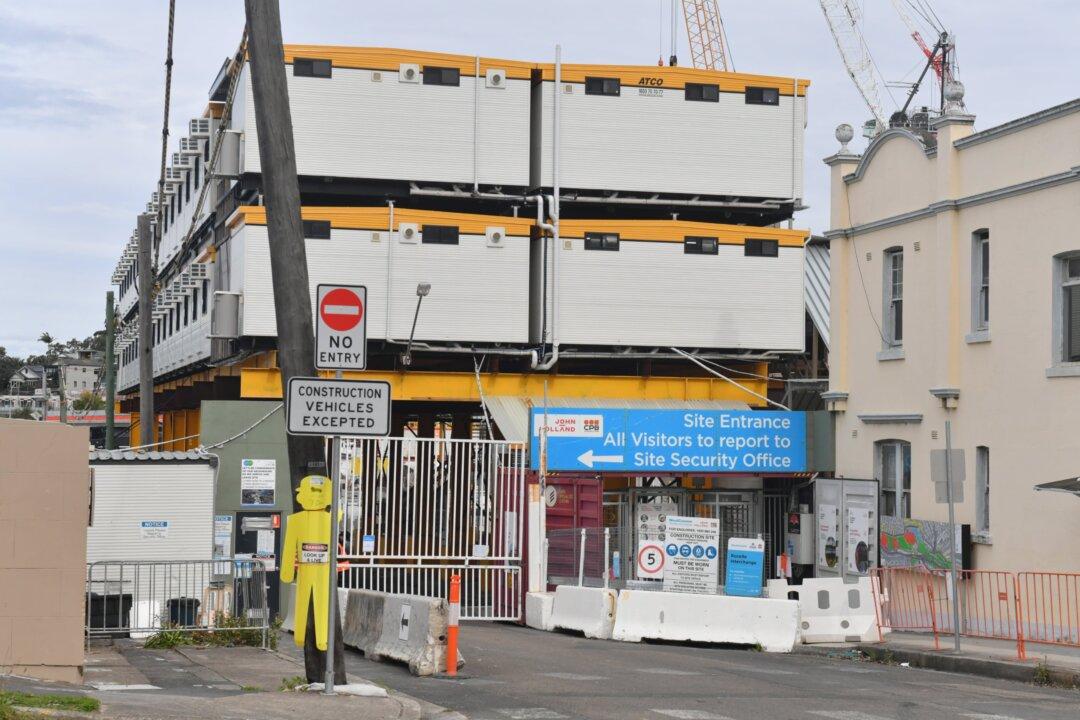The New South Wales government is under intense pressure from the construction industry over its sudden decision to close the whole sector down across Greater Sydney.
Construction union CFMEU said the industry was “bloody angry” after the announcement was made on Saturday.





